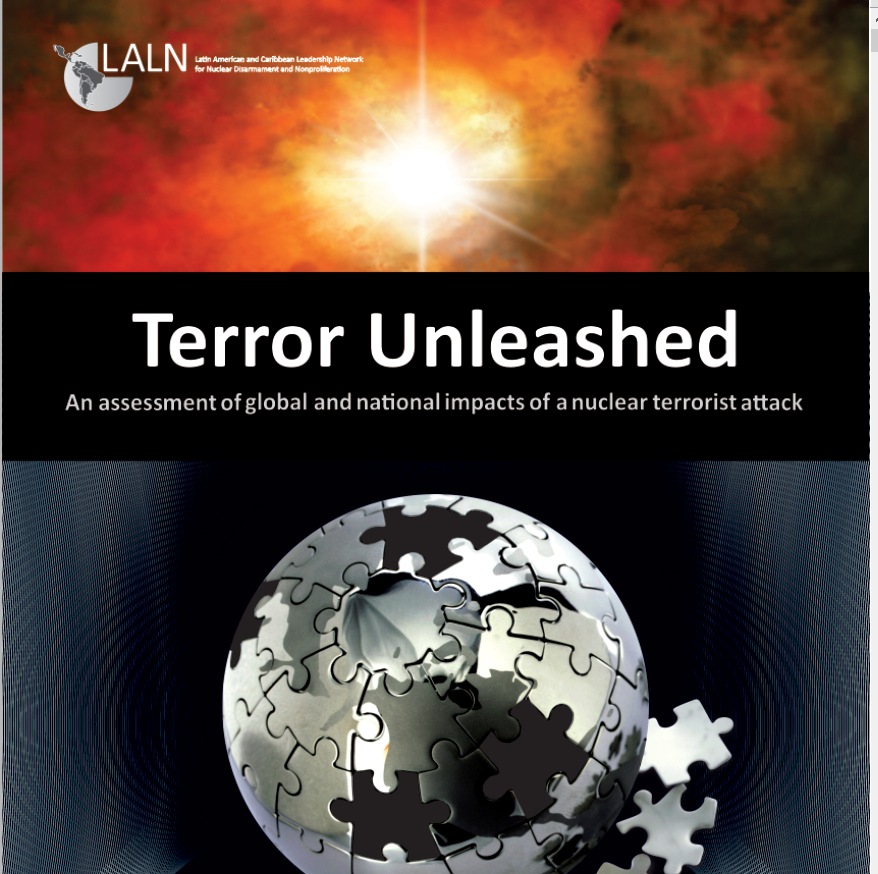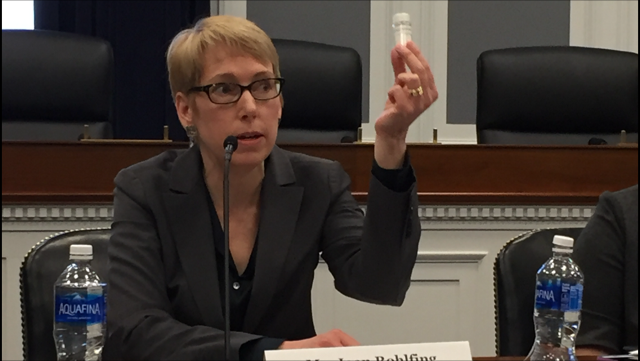
Mimi Hall
Vice President, Communications
Atomic Pulse
The potential impact is difficult to digest: tens of
thousands of people dead and injured, 30 million more people thrust into extreme
poverty, a years-long decline in international trade and global GDP growth,
social fragmentation, panic and chaos, increased unilateralism in the use of
military power, restrictions on personal freedoms – and much more.
These are the likely consequences of a detonation by
terrorists of a “small and primitive” nuclear bomb
with a yield of about one-fifteenth of what exploded over Hiroshima, according
to a new report by the Latin American and Caribbean Leadership Network (LALN), one
of several regional
leadership networks supported by NTI.
In Terror Unleashed: An Assessment
of Global and National Impacts of a Nuclear Terrorist Attack, the LALN calls
on global leaders and governments – whether they have nuclear weapons or not –
to “implement policies aimed at prevention, preparedness and response to a
nuclear attack.”
In the foreword to the report, LALN’s Irma Argüello writes
that the detonation of a terrorist bomb “would undoubtedly draw a line in the
history of humankind” and lead to significant changes in the way governments
and individuals function and relate to one another.
“Such global disruption would affect not only the balance of
global and regional power, and the levels of confidence between the states, but
also the legal framework that regulates international relations,” she writes.
Click here to read or
download the report.
Sign up for our newsletter to get the latest on nuclear and biological threats.
A panel of experts spoke about domestic violent extremist threats to nuclear security at the Institute of Nuclear Materials Management's (INMM) 63rd Annual Meeting.
NTI President Joan Rohlfing discusses nuclear threats on Capitol Hill
Jupiter Huang, NTI’s Communications intern, had the opportunity to speak with Mackenzie Knight, the program associate for Global Risk at the Federation of American Scientists (FAS), for this inaugural post of the Young Voices series.



